FAMED 561 LGBTQ Health & Health Disparities Description
As reported by Healthy People 2020, “social determinants of health affecting the health of the [Lesbian, Gay, Bisexual, Trans] LGBT community largely relate to oppression and discrimination” with examples including, “lack of social programs … and shortage of health care providers who are knowledgeable and culturally competent in [LGBTQI+] health.” Furthermore, according to, “The Health of Lesbian, Gay, Bisexual and Transgender People: Building a Foundation for Better Understanding,” the stigma enacted by providers, felt and internalized by patients, results in the denial of or the delivery of substandard care resulting in an increased risk of health care inequities and disparities.
Seattle, according to a 2018 study, ranks #2 in LGBTQI+ percentage estimate in the United States with an estimated 12.9% of Seattleites identifying as LGBTQI+ with San Francisco being the only city with a higher percentage. Washington, as a state, ranks 13th in the United States by a Gallup study in 2017. What about our other WWAMI sites? Wyoming ranks 50th, Alaska ranks 49th, Montana ranks 48th and Idaho ranks 44th.
Regardless if you live and/or work in an urban, suburban or rural setting, the provision of LGBTQI+-centered care is still lacking in many areas. Furthermore, the number of anti-LGBTQI+ legislation proposed are increasing each year limiting healthcare access for our LGBTQI+ community. FAMED 561 LGBTQI+ Health and Health Care Disparities will help you gain the necessary background to provide our gender and sexual minority populations an inclusive and culturally humble care. This course is open to all health profession students, i.e. medical, social work, nursing, physical/occupational therapy, behavioral health, pharmacy, etc.
Course objectives
Review and discuss LGBTQI+ culture and health disparities existing in the LGBTQI+ community from a historical perspective
Learn how to support an inclusive environment and develop the skills to take an inclusive history from an LGBTQI+-identified person
Learn the basics to the care of an LGBTQI+ person of all ages through a multidisciplinary lens
Become familiar with the specific health needs of a transgender/gender diverse person of all ages including the basics to hormone therapy and gender affirming procedures
Learn from the LGBTQI+ community first hand through open dialogue in a panel discussion with LGBTQI+ patients and healthcare providers
To register for this course (offered every Fall Quarter) please contact:
Holly Kennison, Office of Healthcare Equity
Email: SAL20@uw.edu
